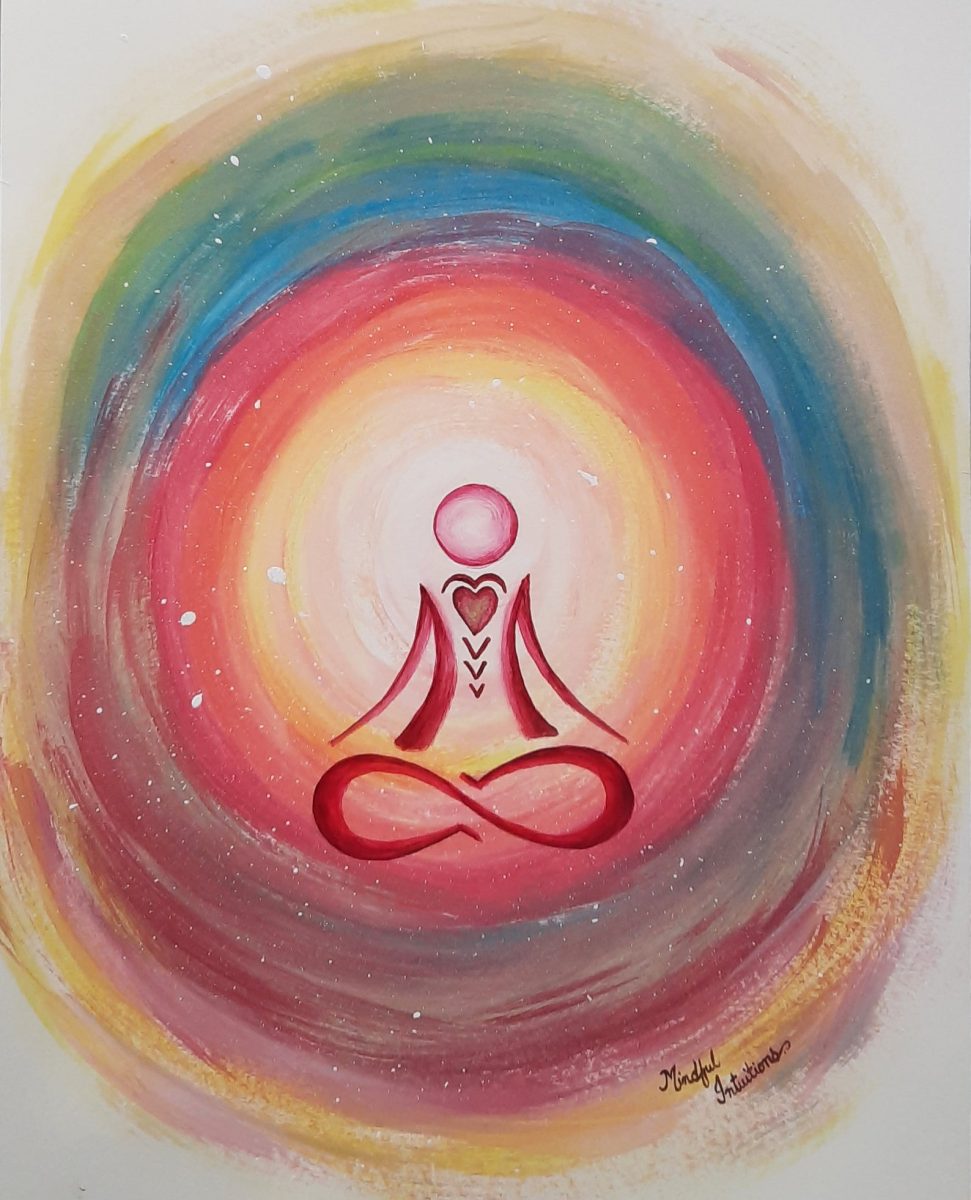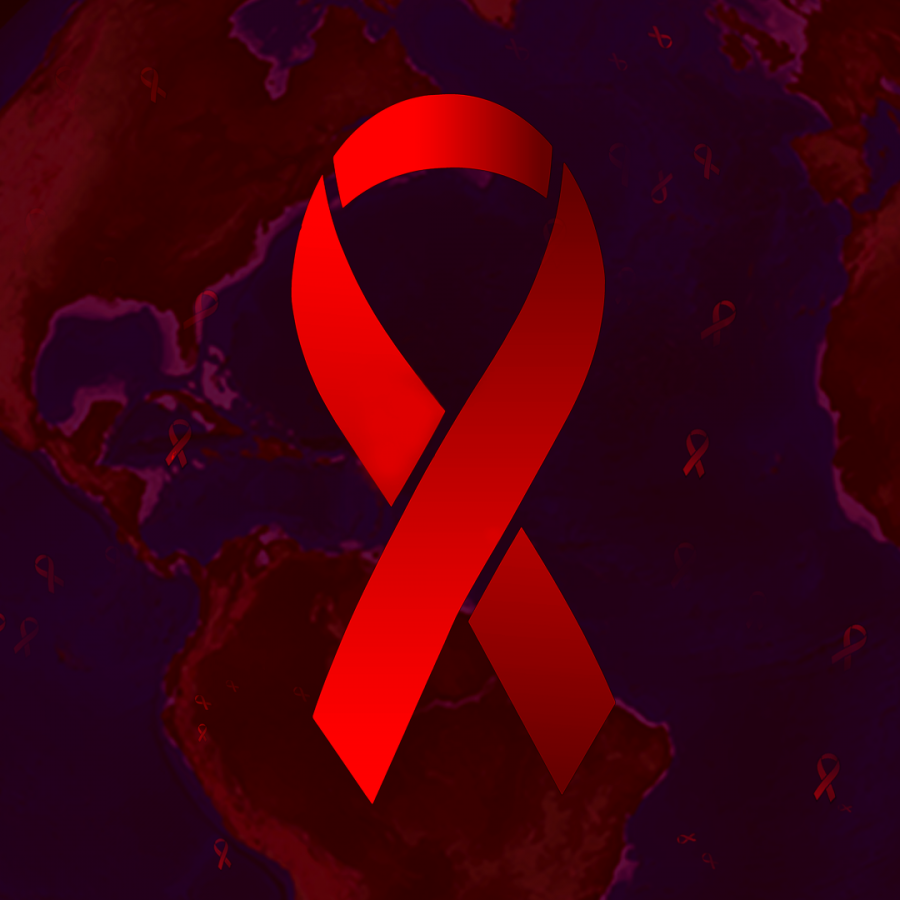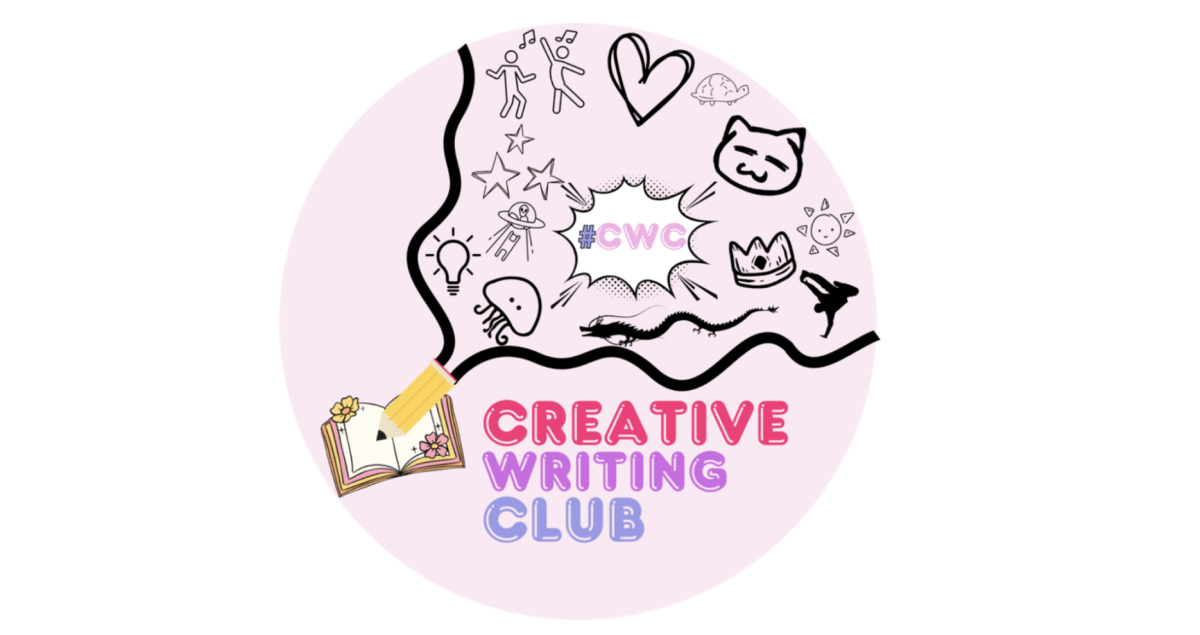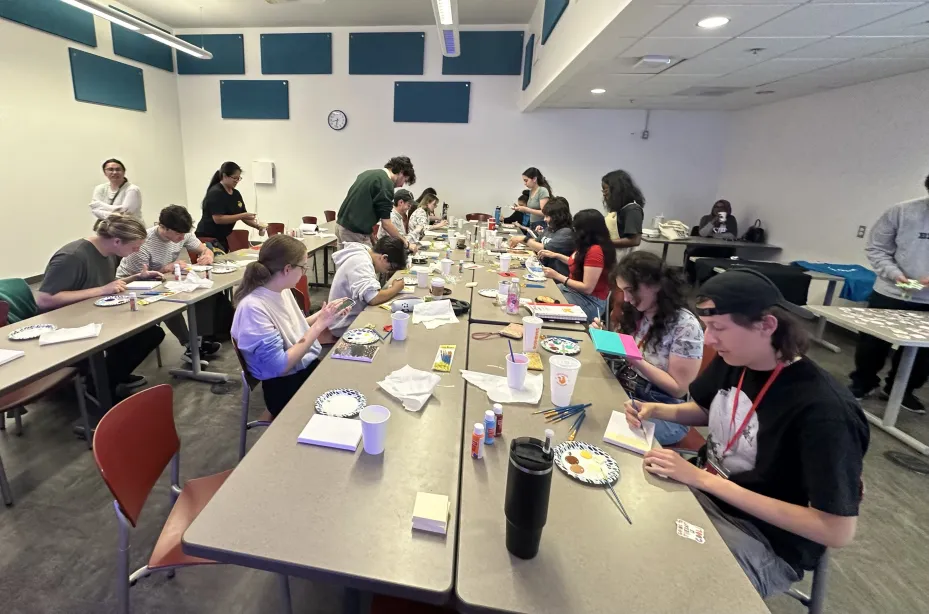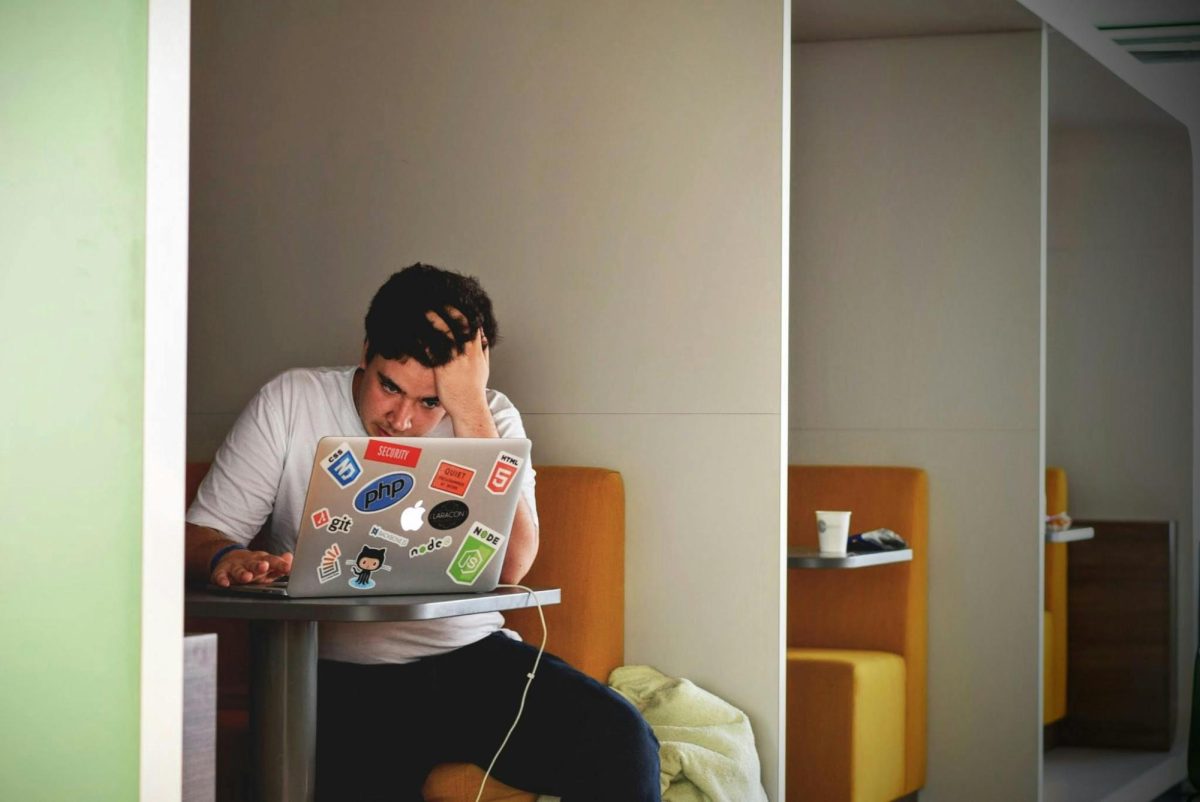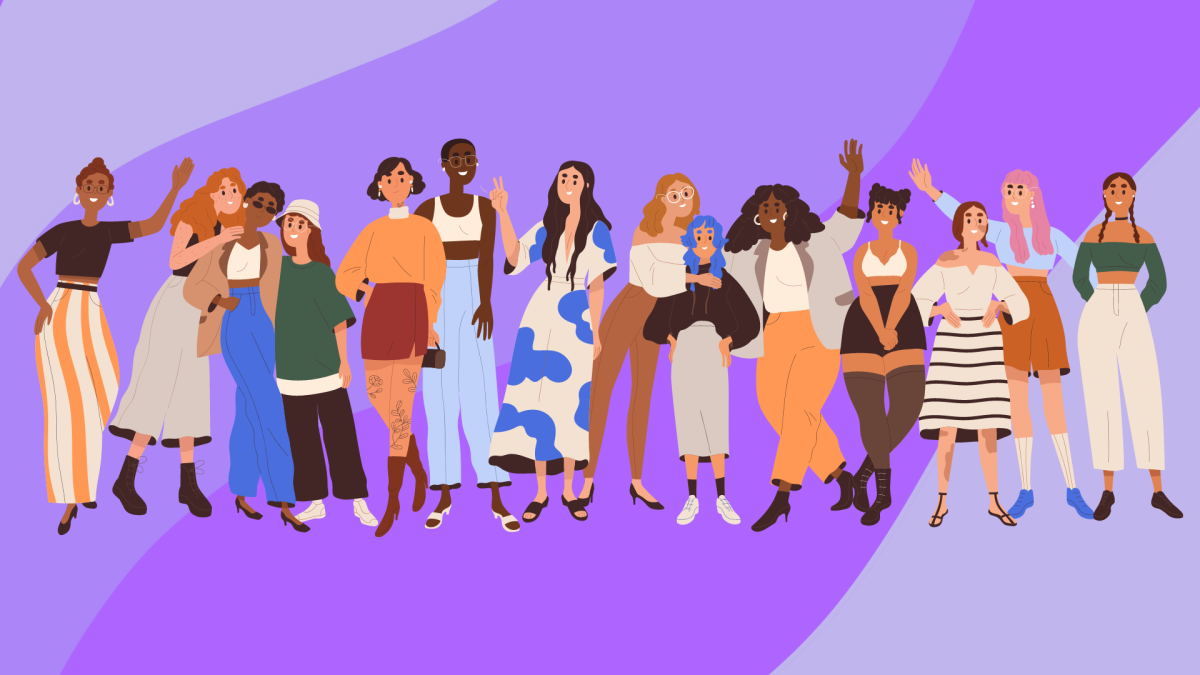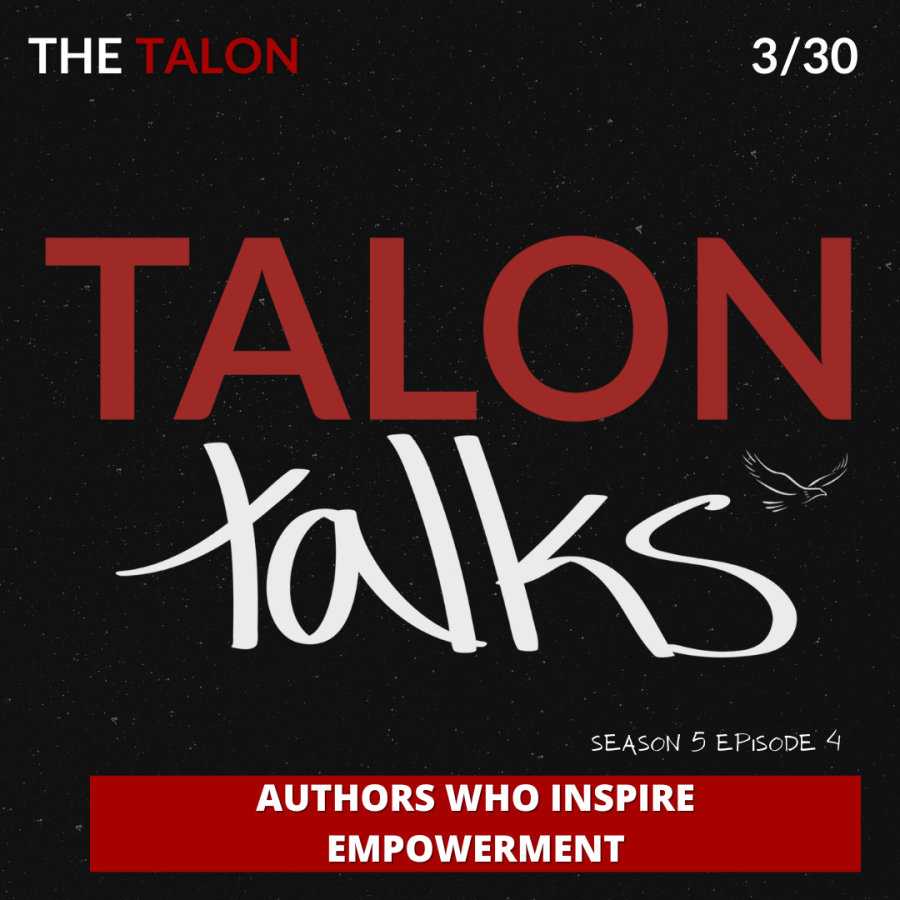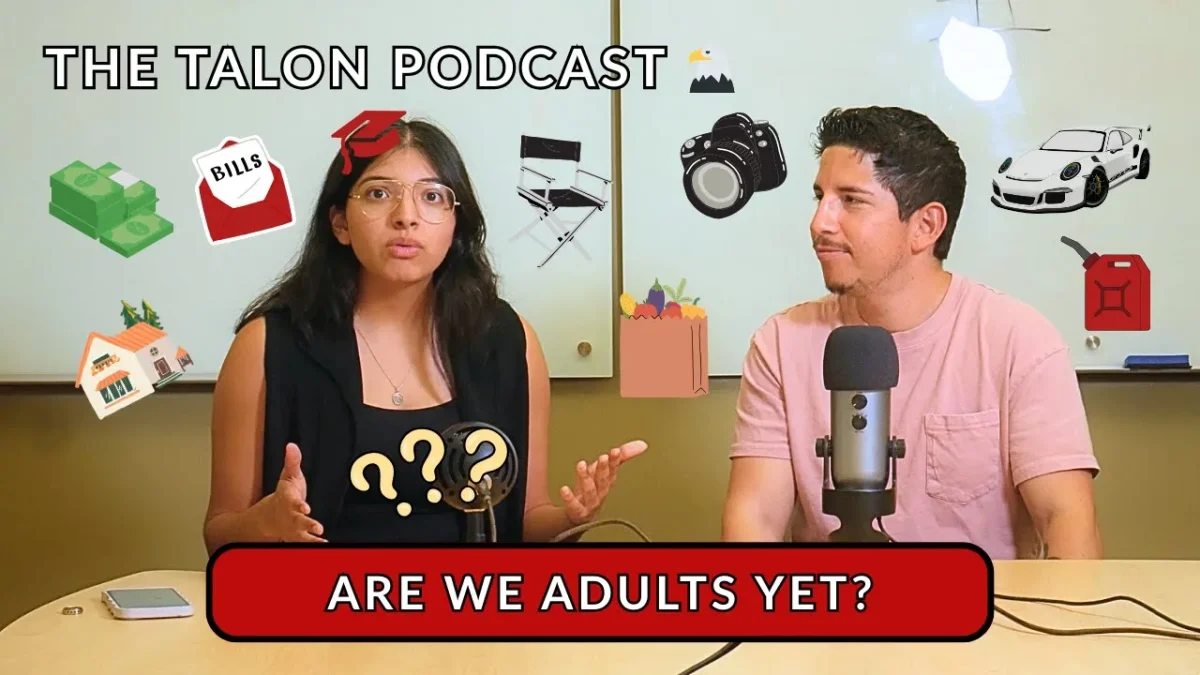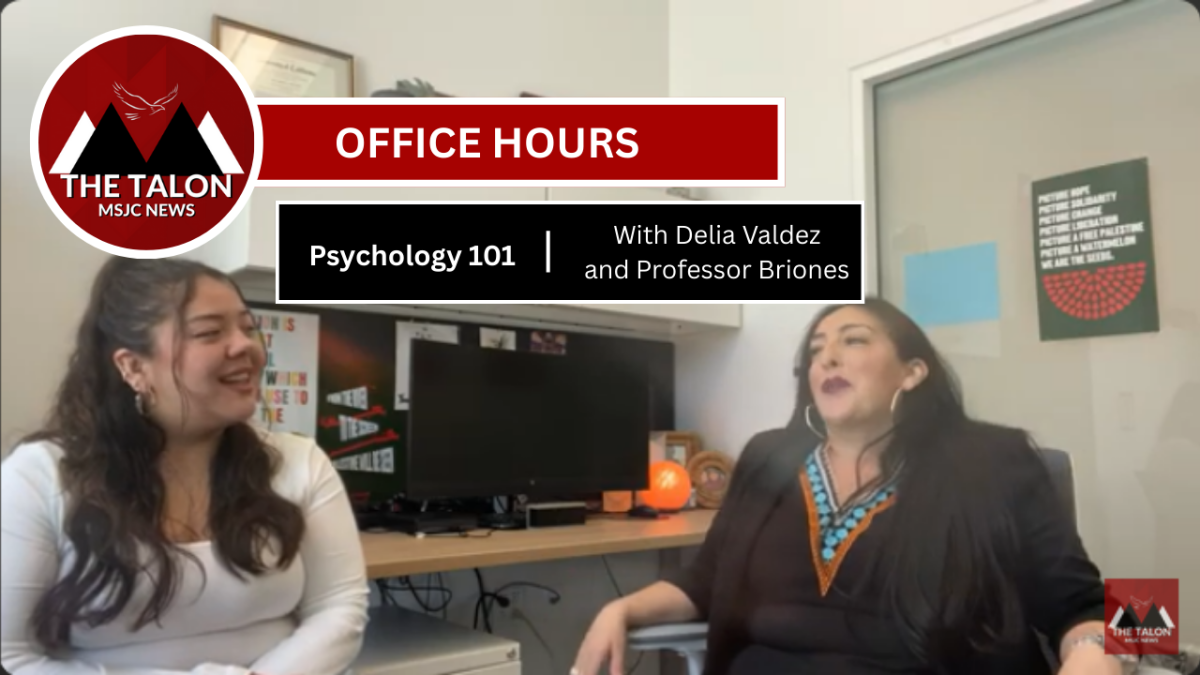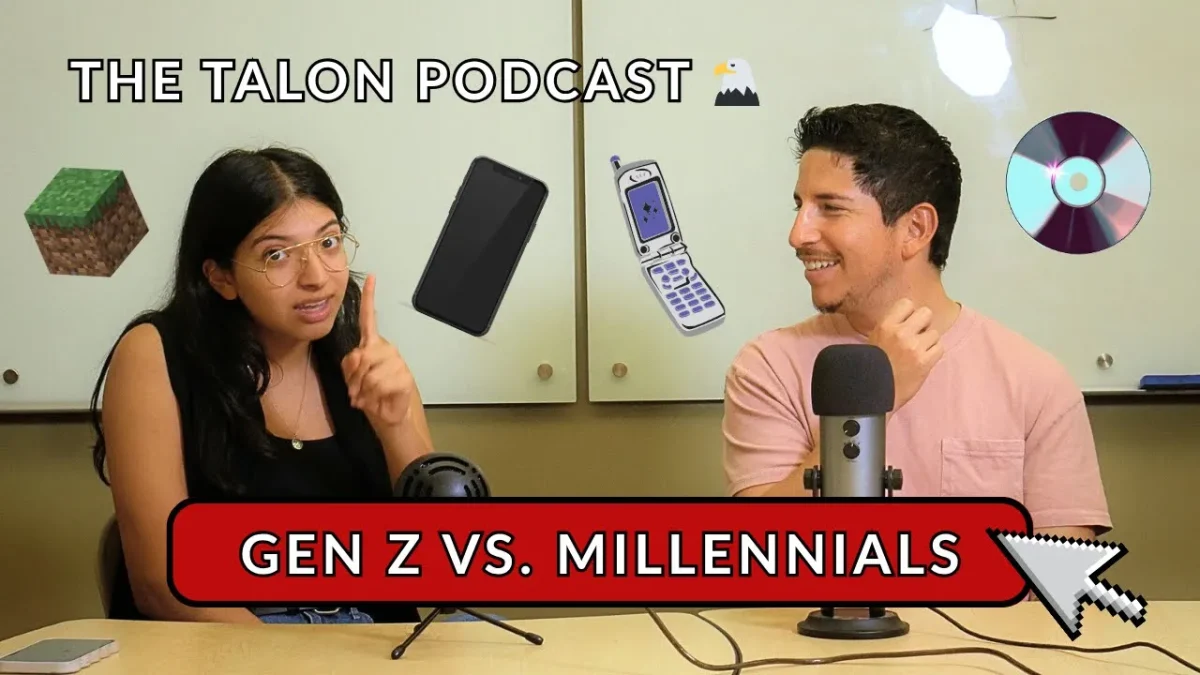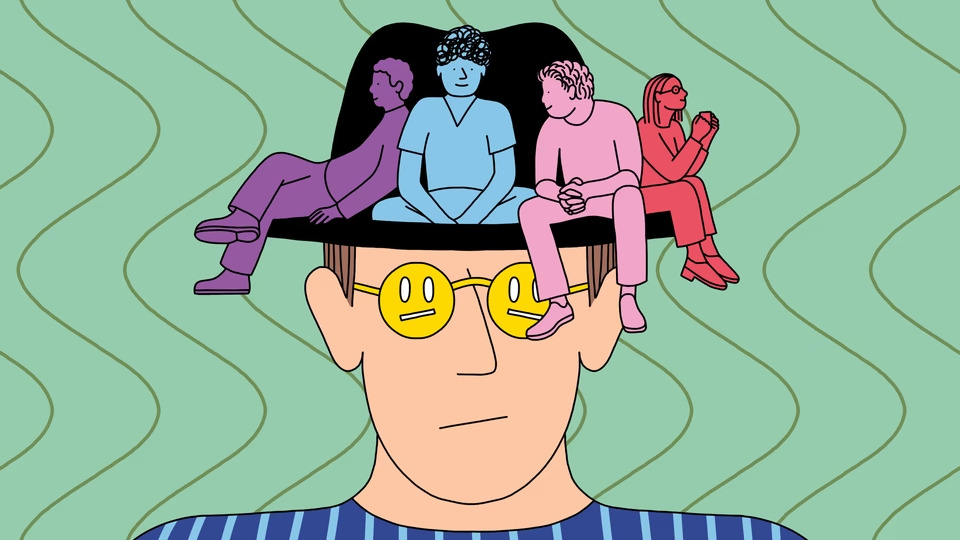It’s 10:30 pm one night, and you have an opening shift at 8:30 am for work the next day, and to finish up your night, you decide to hop on your phone. Maybe to look at some videos, respond to friends, or see what drama is stirring up in the group chat. Once you go through that, you decide to hop on TikTok or Instagram and see what your algorithm is stirring up to entertain you. After many videos and edits that intrigue you, time passes by as you cannot stop scrolling. You want to, but you tell yourself, “I can’t.” Knowing sleep should be prioritized right now, video after video goes by, and it seems to become this loophole where you can’t stop scrolling with your eyes barely awake. This unhealthy habit causes you to feel lazy, undisciplined, negative effects on your sleep, and can lead to anxiety at times. The unfortunate truth is that you might have fallen into this pit and the action called “Doom scrolling.”
What is Doom Scrolling?
According to the Mayo Clinic, the term began in the early COVID-19 pandemic, where the internet took a massive leap in media, entertainment, and interactions with online apps. Due to the massive lockdowns that began in early February of 2020, people worldwide began to be consumed by the internet and their phones at a quick rate. The Mayo Clinic also stated, “doomscrolling” involved keeping us stuck in a never-ending loop of searching, finding negative information, and searching for more. People up until this point have recognized the amount of time they spend on their phone is unhealthy, and it has a lot to do with the simplified content and videos that are out posted, which make it easy, reliable, and simple to consume. A “doomscroll” is a term used to make it easier to understand what it means. In a simpler definition, it is presented as the action of continuously scrolling through short videos that have no meaning or purpose in the moment, rather taking away time from what you should actually be doing.

Why do we do Doomscroll?
Doomscrolling sometimes just happens, and as time passes by, you don’t even notice. The unhealthy habit here is that it affects the way you plan and go throughout your days. Doomscrolling can happen due to a lot of things, and according to the Constellation Behavioral Health institution, Doomscrolling reinforces negative thoughts and feelings, worsens mental health, increases panic and worry, and interferes with your sleep. To test this research, I asked some students who go to Mira Costa College and MSJC about their experiences now with doom scrolling and how it is still affecting them. One student stated, “It just happens. It’s very weird because I wake up very early at times, just to go immediately on my phone and see what funny videos or edits I’m intrigued by. At that point, I feel a small comfort in what time I am doing, which holds me back from actually getting up. I’m aware of what I’m doing, but I cannot stop.” Another student had a similar statement, but went deeper and said, “Doomscrolling has unfortunately ruined my way of thinking and attention span. It has affected the way I watch videos, movies, and even music, where I just want to get to certain parts for that pleasure, without any development. I’ve noticed the undisciplined work ethic I’ve created within myself, and it’s taking a toll on my studies and physical health.” One more student explained how they broke out of the chains of doom scrolling, enthusiastically telling me, “Haha, I still do it, however it is easier to break out of than it seems. I simply stopped putting my phone in close, accessible areas, and decided to pick up small hobbies that actually make me happy. My phone makes me happy, but it is also an addiction that I need to avoid. The internet is negative, dark, and full of self-centered people. I don’t want to get caught in that.”
Avoiding doomscrolling:
Swiping on social media apps might seem unavoidable because of how much the average teenager uses them. Especially in a society that is now involved with so many new media pieces, it is hard to resist the urge to give up your phone for even a moment. However, setting limits and applying mindfulness to your scrolling can significantly help. Stepping away from technology for a while can help, as being consumed by it is very easy. Another way to avoid it is to spend more time outdoors, without your phone. According to the Methodist Health System, being outdoors helps decrease stress, maintain a healthier weight, and avoid depression. Having a positive outlook on what you do outside of the internet and building that discipline can counter the issues you deal with. Making efforts to treat your mental health and avoid those symptoms that trigger it.

















